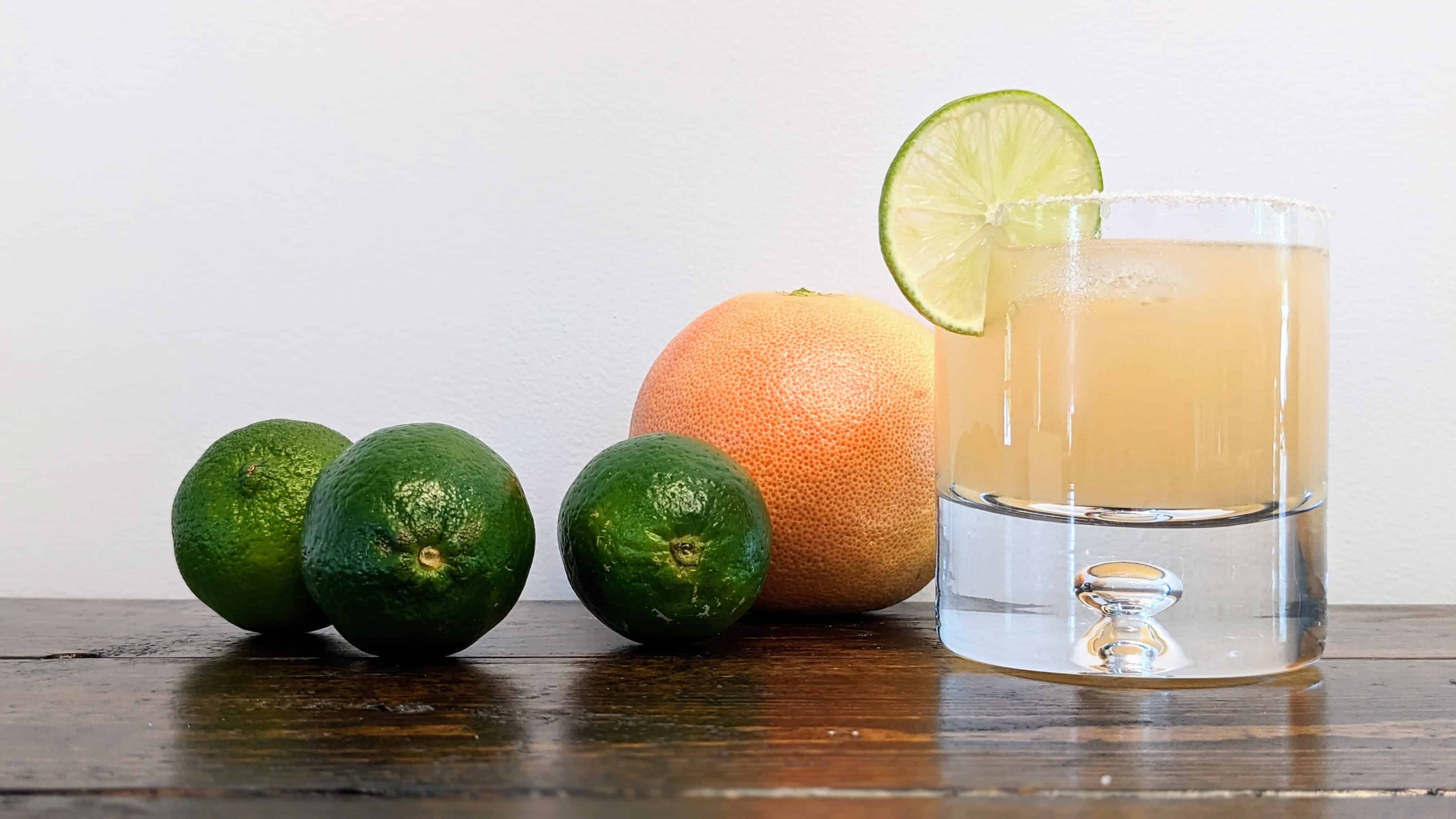Happy Registered Dietitian Nutritionist Day!
In honour of #NationalNutritionMonth, I’m putting on my dietitian hat today and bringing you a little nutrition education:
You’re supposed to eat more fruit, right? Fruit is good for you.
Fruit drinks are an easy way to get more fruit in, right? Especially when you have picky eaters to feed.
Not so fast.
On any given day, almost 85% of infants and toddlers consume added sugar, and fruit drinks are the top source of added sugar in the diets of 0- to 5-year-olds.
A recent study examined the packages of 2059 fruit drinks purchased by families with kids under the age of 5. Fifty-five percent of fruit drinks sampled claimed natural flavors or had other implied natural claims, 49% boasted the presence of juice or nectar, and 33% mentioned their vitamin C content. Almost 97% had at least one nutrition-related front-of-package claim and some fruit drink varieties had 4 or more claims per package. Wow!
Naturally, nutrition-related claims may cause consumers to make conclusions about the healthfulness of products and increase their likelihood of purchasing these products. Claims can also create a “health halo” effect whereby consumers generalize the benefit touted by a claim to the overall healthfulness of the product. That’s what the marketers want, obvi.
Parents of young children may be particularly susceptible to nutrition-related claims as they are often motivated to provide healthful foods and beverages to their children. Claims have been shown to increase the perceived healthfulness of products and reduce the amount of time parents spend searching for additional (and more complete) nutritional information on the package such as the Nutrition Facts label.
But here’s the thing: fruit drinks with vitamin C, juice or nectar, fruit or fruit flavor, and overt natural claims were found to be higher in calories and sugar compared with products without these claims. On the other hand, fruit drinks with calorie or sugar related claims were more likely to contain alternative sweeteners.
Based on current and past dietary recommendations, none of the products in the sample would be considered part of a healthy diet for young children because they either contain added sugars or non-caloric sweeteners, yet 97% of products had a nutrition-related claim. According the the Dietary Guidelines for Americans 2020-2025, infants and young children have virtually no room in their diet for added sugars. This is because the nutrient requirements for infants and young children are quite high relative to their size, but the amount of food they consume is small. Their foods need to be nutrient-dense and not contain additional calories from added sugars. In addition, alternative sweeteners are not recommended for children younger than age 2. Taste preferences are being formed during this time period, and infants and young children may develop preferences for overly sweet foods if introduced to very sweet foods during this timeframe.
So, here’s my unsolicited expert advice:
Before age 12 months, 100% fruit juices should not be given. In the next few years of life, fruit juice is absolutely not necessary, and most fruit intake should come from eating whole fruit. If 100% fruit juice is provided, up to 4 ounces or 1/2 cup per day can fit in a healthy dietary pattern.
Sugar-sweetened beverages (e.g., regular soda, juice drinks [not 100% fruit juice], sports drinks, and flavored water with sugar) should not be given to children younger than age 2. Why? These beverages displace nutrient-dense beverages and foods in the diet of young children. Young children do not have room in their diets for the additional calories from added sugars found in these beverages. In addition, sugar-sweetened beverage intake in early childhood may predispose children to consume more of these beverages later in life.
Here’s the whole study if you want to nerd out more:





Leave a Reply